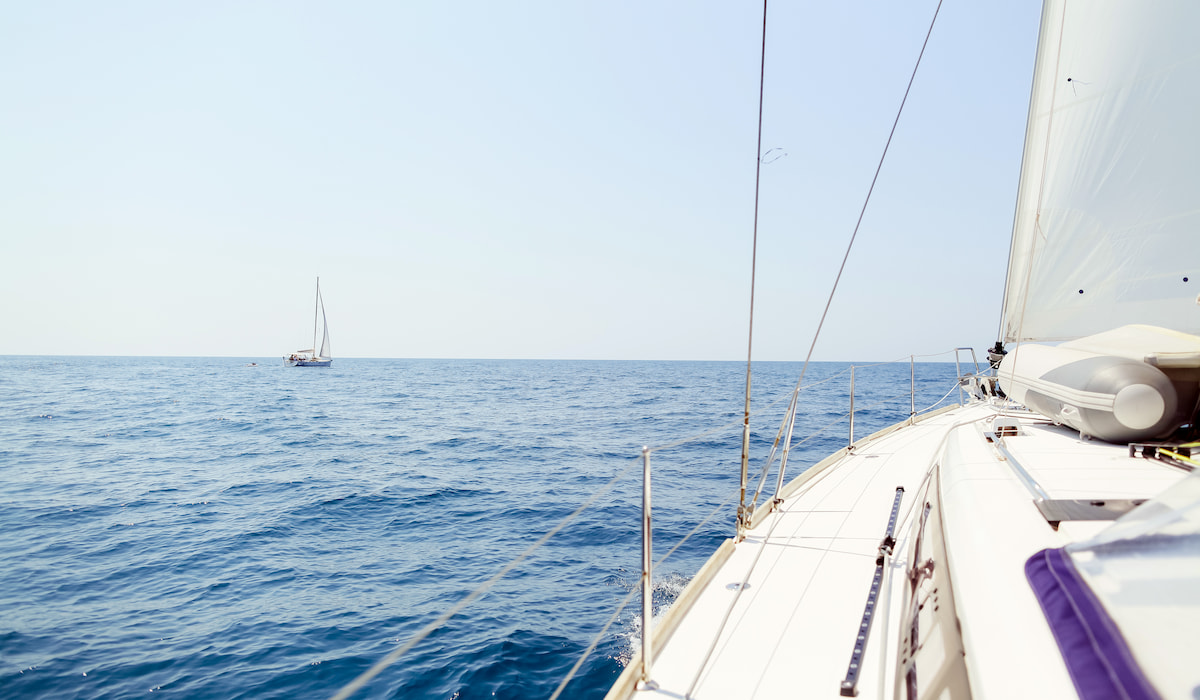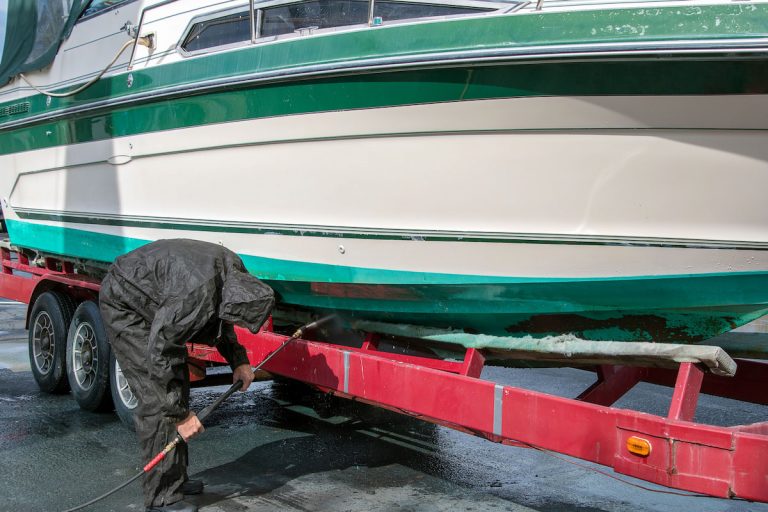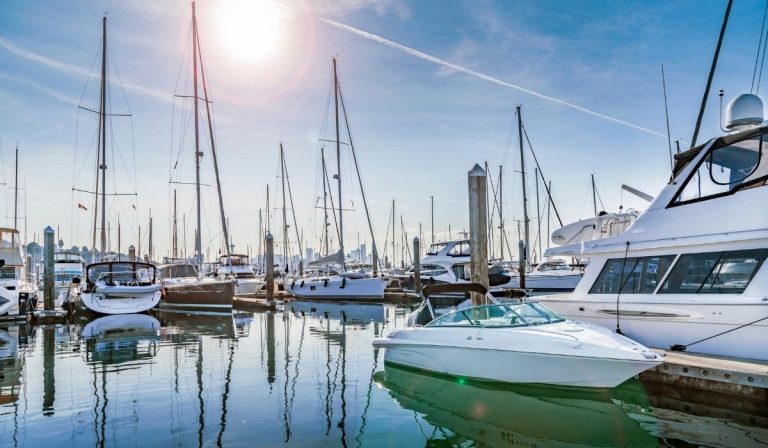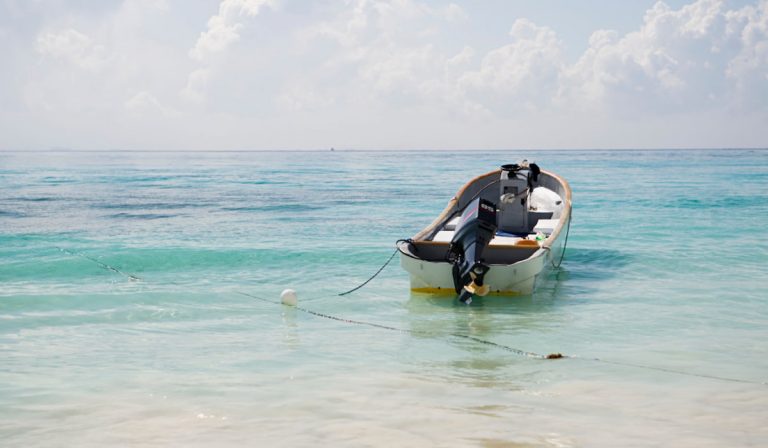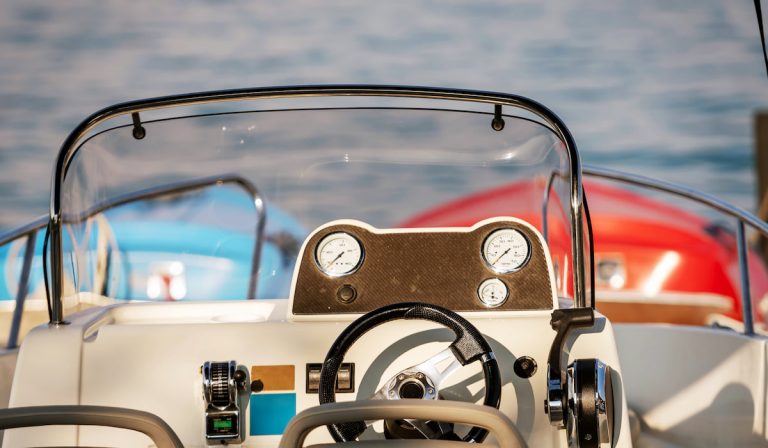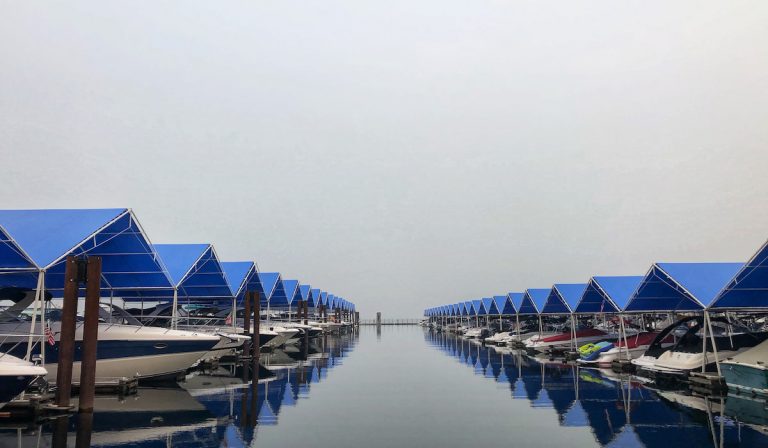What Is a Macerator On a Boat?
It takes time to learn about everything on your boat. Everyone’s always learning, so you need to take it slowly and pace yourself as you become familiar with all of the moving parts.
As you grow in your boating knowledge, you’ll become better at handling maintenance yourself, and you’ll be ready to pass some wisdom on to the next generation of boaters you come across.
Macerator pumps are something that people have on boats or RV’s with plumbing. It may not sound palatable, but essentially what the macerator does is mash up the solid waste that goes in your boat’s plumbing.
A working macerator pump is critical to a good plumbing system, particularly when you’re dealing with simple setups found on boats and other vehicles.
Modern macerator pumps do wonders for keeping smells away and making the job of emptying the blackwater tank much easier.
The more you know about macerators, the better able you’ll be to keep yours working for longer and make the bathroom experience on your boat much more pleasant.
Here’s what you need to know about macerator pumps and how they work.
How a Macerator Pump Works?
When people use the bathroom on your boat, it generally goes into a blackwater tank until it fills up. Then, you take the boat to a disposal station where you can dump all of the solid waste you’ve collected.
Sometimes, however, solid waste gets stuck in the tank or the pipe. When you have paper products in there, clogs and other problems become more likely.
With a macerator pump, the solid waste is churned up into smaller particles that settle into the tank and move through your pipes much easier. They prevent clogs and make disposal smoother. They work especially well if you’ve got a smaller boat or a boat with a small blackwater tank.
The macerator pump has a high-speed cutter that spins and tears up waste.
A typical macerator will go through over 10 gallons of wastewater per minute.
Most also have water sensors that stop the pump from running when the tank is dry. They are made of strong plastic materials to keep them durable and will usually last for years.
Macerator pumps aren’t only for toilets. People on boats install macerator pumps to help churn up food waste that goes into sinks and they have them for fish box water to prevent clogs.
If you’re worried about hair in the shower clogging up your plumbing, then they’re also a fantastic option for your boat.
Do They Smell?
Managing smells is very important on a boat. The last thing you want is to have to smell human waste or rotting food items while you’re out on the water trying to have a good time. The lack of a macerator pump and other plumbing problems can drive some boaters crazy.
They tell people they can only use the bathroom for certain things and become obsessive about what goes down the sink drain. Sometimes, their worries are reasonable. The smells can get so bad it makes people want to jump overboard.
Macerator pumps do a lot to eliminate smells and make them less noticeable.
They detect whenever there is solid waste in the plumbing system and get to work churning them into smaller pieces so they flow through your plumbing and into the tank. Things don’t get caught in your plumbing as easily, and it cuts down on the debris that clings to your pipes and causes unpleasant odors.
If you are concerned with smells onboard, a macerator pump is a terrific thing to have as part of your plumbing system.
Are They Good to Have?
Macerator pumps are great to have, especially if you use your boat’s plumbing regularly. They’re almost a must-have for people who take multi-day trips on their boats or go long periods in between waste disposal.
If you’re the kind of boater that doesn’t love dumping after every bathroom use, then it’s definitely something you want to consider.
Some of the drawbacks of macerator pumps include the fact that they make noise while grinding (this is a minor issue though) and they’re not as powerful as a normal plumbing system you’ll find in your home or something like a hotel.
For most boaters, this is to be expected because, after all, we’re talking about boat plumbing systems here. There will always be some level of compromise when it comes to performance.
Older boaters often question whether having a macerator is worth it because they used to have a lot of performance and reliability issues. Your plumbing is already a headache, the last thing you want is to have to take things apart because your pump isn’t working the way it’s supposed to.
Now, though, macerator pumps are built better and work more reliably than in the past. You can expect to replace a macerator every few years if you use it regularly.
Something you need to be aware of when you weigh the cost and whether maintaining your boat’s plumbing is something you want to invest in.
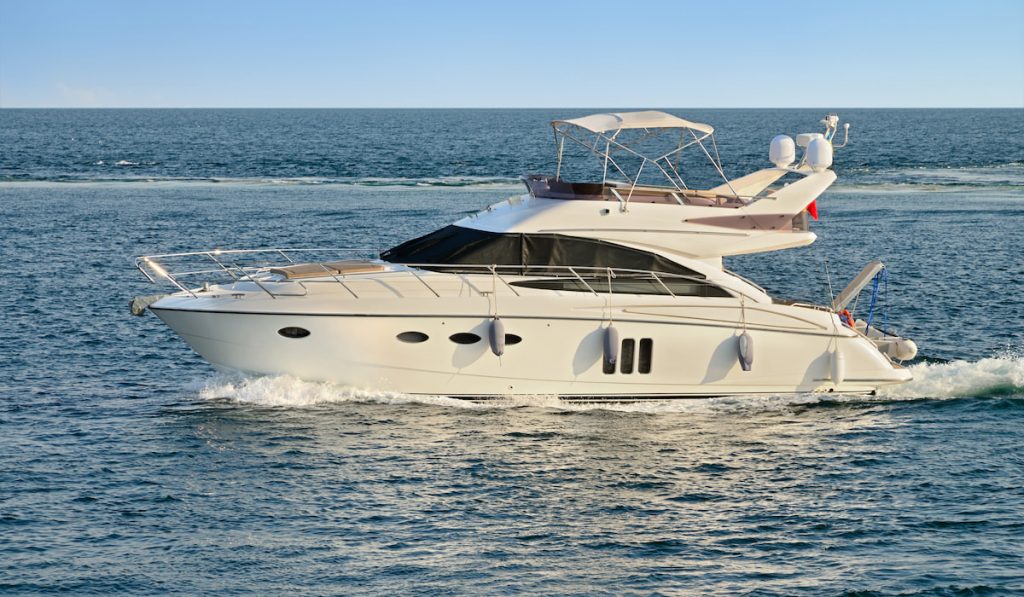
Pumping in Rough Waters
One of the best things about macerator pumps is that they can pump against gravity. If you’re in rolling waters, you can always count on your macerator to pump solid waste up pipes.
It also helps a great deal if your bathroom is located somewhere lower in your boat and you need the waste to travel up into a tank.
Without a macerator, you’re going to have solid waste sitting in pipes and stinking up the place. Macerators will get your waste up and into the tank without any trouble. That way it’s easy to pump out when you get to a disposal station.
You’ll have fewer headaches with your boat’s blackwater and greywater with macerators, so look for a model that will work with your boat and, if need be, ask for a service provider to handle installation so you can be sure it’s done correctly.

